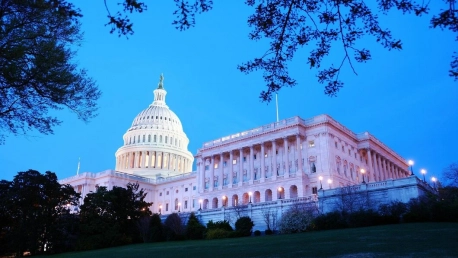In today’s digital era, the internet is a powerful tool for governments to shape public opinion and ascertain national security. The extent and methods of control vary worldwide, reflecting specific political and societal landscapes. Generally, this governmental grip on the internet comes in two main forms. Some states directly manage access by running their own internet services, ensuring a high level of influence over online content and surveillance capabilities. Others exercise control more subtly through regulations and collaboration with private entities, using legal frameworks to govern how the internet operates within their borders. These strategies aim to monitor and sometimes censor online activity, balance freedoms with security needs, and address the challenges posed by the global and open nature of the internet. The blend of direct and indirect approaches showcases the complex relationship between state power, individual freedoms, and the transformative role of the internet in modern governance.
State-Owned Internet Providers
In many countries, the government directly owns and operates internet service providers (ISPs). This hands-on approach affords governments immediate access to data and the ability to apply censorship or surveillance measures directly through the infrastructure. These state-owned providers often hold a monopoly, or at least a significant market share, allowing for centralization of control. In autocratic regimes, direct control translates to a more straightforward capability to filter content, monitor citizens’ internet activities, and block international websites considered threatening.The degree of influence does not end with censorship. State control over ISPs also means the ability to shut down the internet entirely. This extreme method has been observed during times of political unrest or protests. By controlling these chokepoints of information, governments can effectively limit communication, control the narrative, and suppress dissent. Given the reliance on digital platforms for organizing and activism, this control becomes a powerful tool in the political arsenal, one that can alter the course of public movements.
Indirect Control Methods
Even in democratic nations, where state ownership of internet providers is less common, governments exercise control through regulations and policymaking. They may mandate data retention, lawful interception capabilities, or implement systems that filter and block material the government deems harmful or illegal. These policies often require private ISPs to comply under the premise of national security or protecting public morals.Furthermore, through cooperation or legal compulsion, governments can pressure private ISPs to conduct surveillance and provide user data. While the ostensible intent is usually to prevent crime and terrorism, the scope of such activities can often extend beyond these bounds. In these environments, indirect control may manifest through subtler methods, such as the slow rollout of infrastructure that supports state monitoring capabilities or the legal and economic pressures that can influence private providers to align with governmental objectives.
Global Internet Surveillance Network
Collaboration among governments can lead to a global internet surveillance network, where data is shared across borders to aid in monitoring international threats. Surveillance alliances, such as the Five Eyes, exemplify multinational cooperation in intelligence gathering. This presents a multifaceted web of control that transcends national boundaries and complicates the conversation about internet sovereignty and privacy.The implications of such collaboration are far-reaching and somewhat contentious, blurred further by the dual use of such surveillance for both genuine security concerns and potential overreach into citizens’ private lives. As data becomes an invaluable resource, its management and control by governments becomes a critical point of international dialogue, raising crucial questions about the balance between security and personal freedoms in the digital age.









